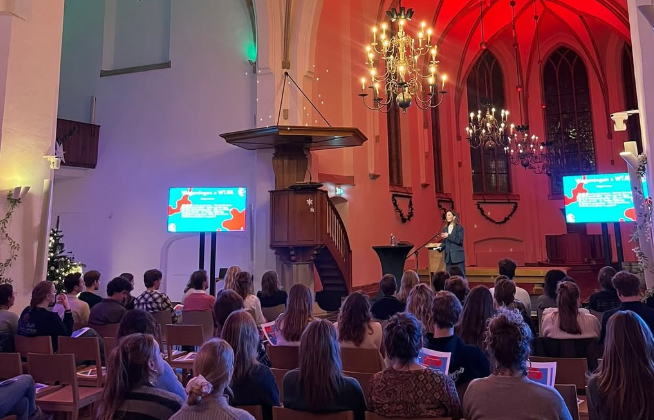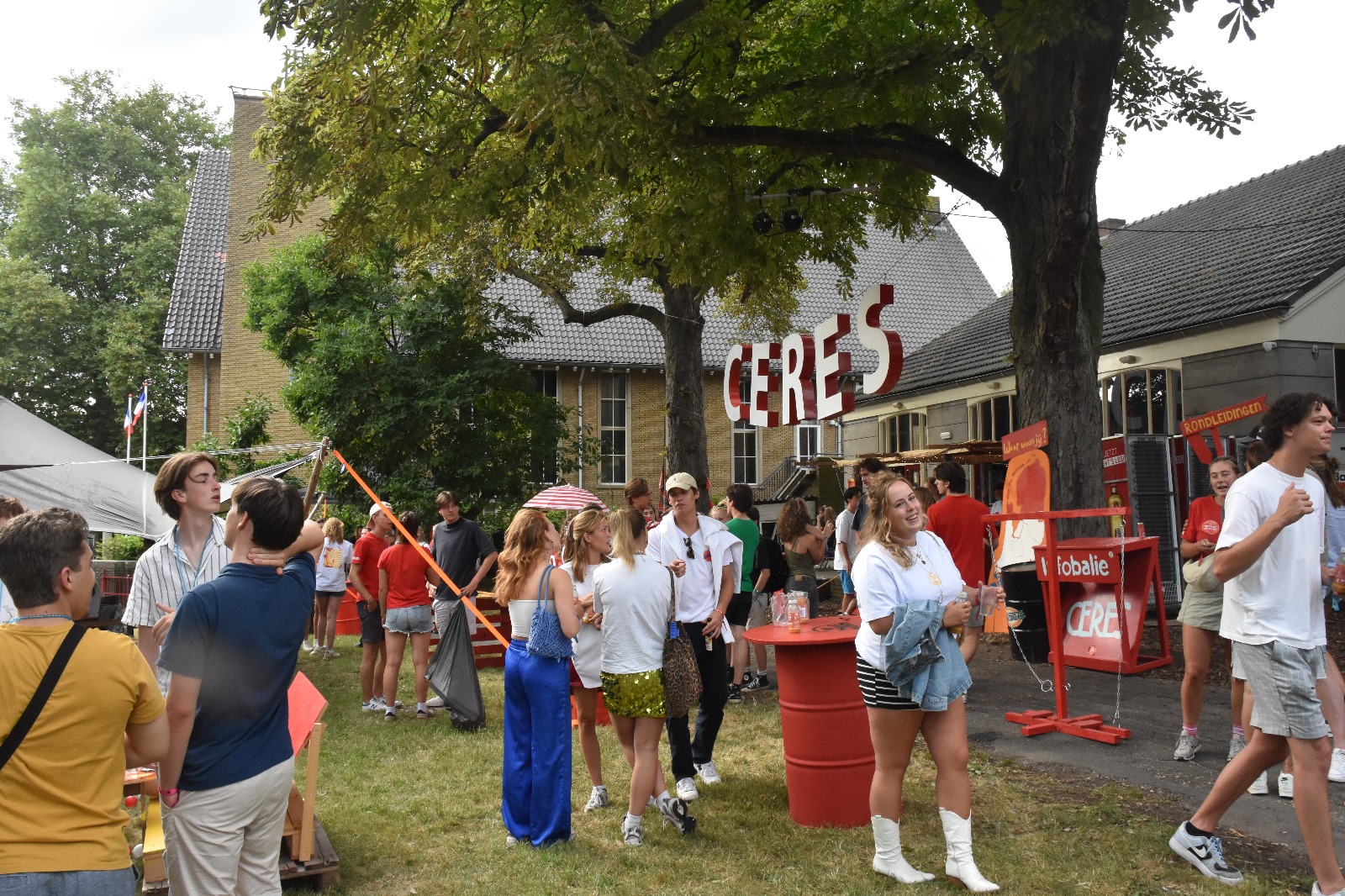In a new proposal from the Student Service Centre (SSC), more associations will be able to apply for the financial support for students (FOS) as compensation for delaying their graduation when they do something like serve on a board for a year. This should lead to a broader range of associations, but it will be negatively affect the budgets of the large student societies.
We learn this from Rutger Kroes of the Student Service Centre, which is responsible for the proposal. He says some of the societies currently miss out of funding because certain rules determining who can get it don’t work well in practice. One of the conditions for support, for example, is that every Wageningen student is welcome at the society. Kroes: ‘That sounds great but if you interpret it too strictly, it doesn’t work well in practice. Now country-based and regional societies don’t get FOS, whereas Christian ones do – on paper they welcome everyone, but perhaps not everyone would feel at home there.’
Target groups
Kroes also refers to the large student societies, which get a lot of financial support. It’s almost impossible for international students to get fully involved as non-Dutch speakers, claims Kroes. ‘But we don’t ask those societies to do everything in English.’
The basic principle – that everyone should be welcome – still holds, says Kroes. ‘But now we have added that it’s okay for a society to focus on a particular target group.’ As well as the regional and national associations, study associations will also be able to apply for FOS in future. ‘We hope that that will contribute to a stronger and broad range of associations.’
Large societies are critical
The big student societies, which have traditionally received a large share of the FOS budget, are critical of the proposal. Student Council party VeSte and the Wageningen Federation of Student Associations (WKvK) argue for an increase in the FOS budget instead of a redistribution. They ‘entirely agree’ with the proposal that more association should receive funding, says Steg Snelders of VeSte. ‘Only we say: that shouldn’t happen at the expense of the FOS budget that is now well spent by the large societies.’
The WKvK and VeSte have written to the rector expressing their concerns. The Student Council is going to study the FOS dossier. ‘In our next meeting we shall discuss this with the Executive Board of WUR.’
The proposal is likely to be discussed by the WUR Council in June.

 Holi 2023. Student societies such as the Indian Student Association, which does not currently get financial support from the university, welcome the proposal. It will give them more scope to organize events like the Holi festival. Photo Guy Ackermans
Holi 2023. Student societies such as the Indian Student Association, which does not currently get financial support from the university, welcome the proposal. It will give them more scope to organize events like the Holi festival. Photo Guy Ackermans 

